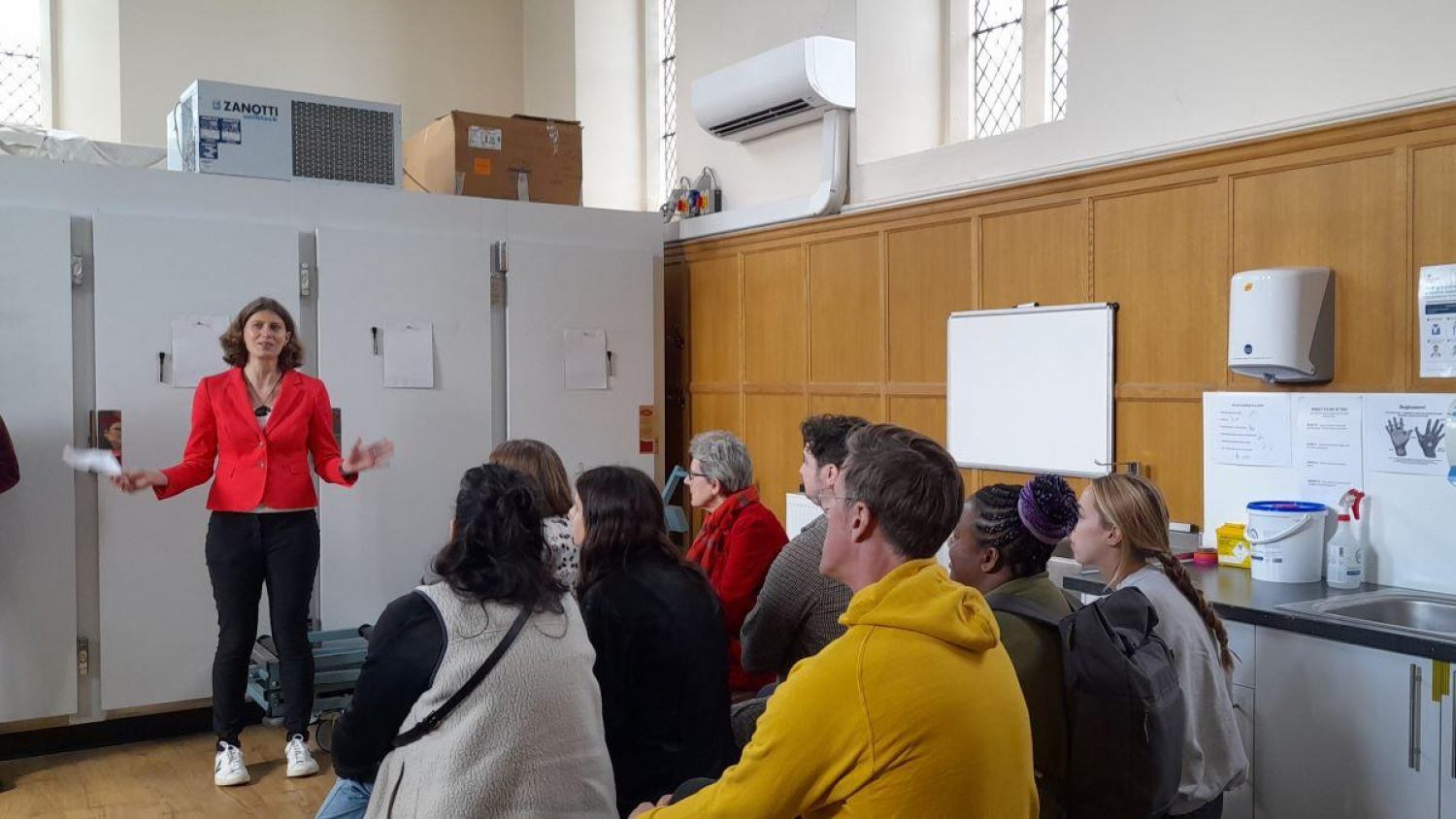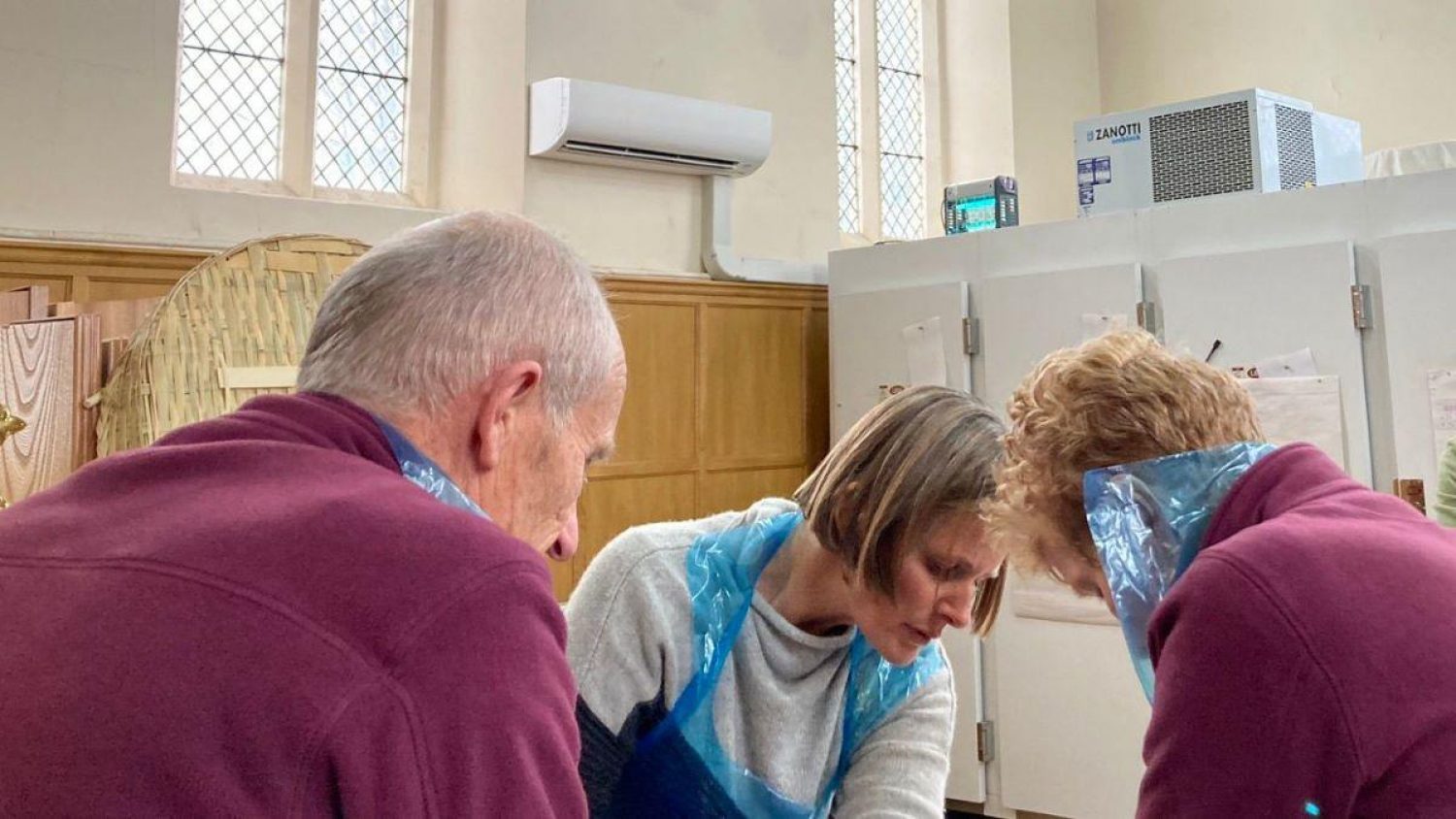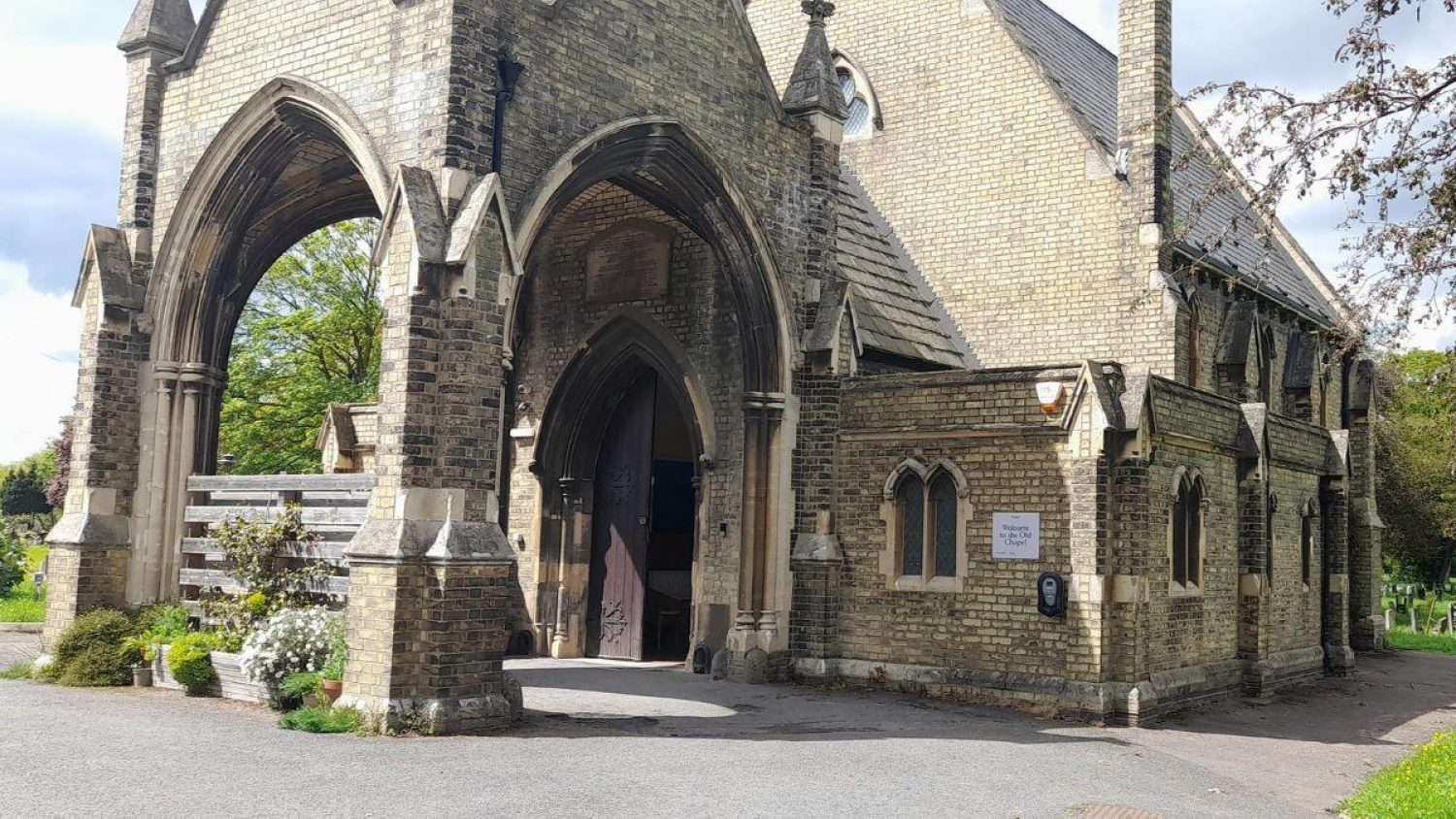Five minute read
Many people are worried and upset following reports of recent arrests at a funeral directors in Hull.
We place huge trust in funeral directors to look after our family members or friends who have died. We, rightly, expect them to treat each person with dignity, respect and care. It’s devastating when this appears not to have happened.
The importance of openness
Poppy’s was set up in 2012, in response to bad practice in the funeral sector, with the belief that another way was possible.
That’s why at Poppy’s, openness and transparency about the excellent, gentle care that we deliver is hugely important to us, and we know it’s important to you too.
We welcome people to visit our mortuary and to understand how we care for people who have died; we invite family and friends to wash, dress and spend time with their people if they wish; and we have rigorous, regular checks to make sure that we know the identity of each person in our care.
This week, it feels more important than ever to explain how we look after people in our mortuary.
If there is anything you are worried or unsure about, we’re here to answer your questions, however large, small or unusual. There’s nothing that you can’t ask us by phone, email or in person. Get in touch.
How do I know it’s really my mum/sister/husband in the coffin?
For every person, at every stage, we make regular name checks.
When someone is brought into our care, we enter their details in a register and give them a wristband with their name on. The details include their name, height and weight, and any information about clothes that they are wearing or personal possessions that are with them.
If you are not visiting, and would like extra reassurance, we can send you a photo of your person's clothes, tattoo or other distinguishing features.
Clients are welcome to join us, where possible, when we check someone in on arrival.
On arrival, when they are dressed, when they are placed in their coffin or prepared for a visit – every time we care for them, we check the name and the person against this register and wristband.
When we prepare someone for their funeral, we make our final checks, before signing them out of the register. We check their wristband and the name plate on the coffin against the register, to make sure these match and are correct.
We also check for any possessions that need to be returned or left in the coffin with the person.
How do you keep people safe in your mortuary?
Our mortuary is kept secure, locked and alarmed, and is staffed during working hours by the Poppy’s team.
It’s also right next to our Tooting HQ in Lambeth cemetery, rather than on another site, so it’s easy for us to quickly and regularly check on someone in our care and to answer your questions about them.
Checks and processes are vitally important, but they are not the full picture. Attitude and culture plays a huge part too.
For example, we always refer to the people in our care by their names, not as ‘the deceased’ or ‘your loved one’. We are always aware that we are caring for a unique individual, not ‘another dead body’.
How can I be sure I’m visiting the right person?
As outlined above, whenever we prepare someone for a visit, we check their name, using the wristband and register. We also check any requests from their family or friends, as to how they are dressed or whether the coffin is open or closed.
We can arrange a visit with an open coffin, or where most of the person’s body is covered in soft material, but perhaps you can hold their hand or stroke their hair. It’s your choice.
The vast majority of the people who we look after are not embalmed, but instead cared for naturally. This makes no difference to whether or not you are able to visit them.
To prepare you for the visit, we’ll answer any questions you have about how someone looks or any natural changes that might have taken place. Read more about visiting someone at Poppy’s
What about crematoria — could they cremate the wrong person or return the wrong ashes?
When we bring someone to the crematorium, the chapel assistant will check the name plate on the coffin before the ceremony begins. During the cremation process itself, many more checks are made. You can read about what really happens during cremation here.
Individual crematoria enable you to visit and ask questions, and some host events like this upcoming open day at Beckenham crematorium.
Will greater regulation solve the problems in the funeral sector?
Regulation is necessary. But it’s not enough to raise standards in the funeral sector.
In other essential services, like education or healthcare, regulation provides minimum standards. It’s backed up by inspections, with consequences for providers who fall short.
In the funeral sector, trade bodies like the National Association of Funeral Directors and SAIF attempt to fill the gap. But they don’t have the resources to inspect thoroughly and deeply. And, as trade bodies whose main role is to promote the interests of the funeral sector, there is a potential conflict of interest.
Instead, we need much greater clarity about what good care for the living and the dead looks like from the point of view of grieving family and friends. Not simply those who are trusted to provide that care.
Above all, mortuary care will never be good enough, let alone excellent, if we just focus on minimum standards. We can, and must, do better than that.
The more we talk about death, share what’s important to us, open mortuary doors to the public, encourage people to ask difficult questions, and give honest answers, the more we can all have confidence in the quality of care that we, or the people close to us, will receive after death.
Sadly, until as a society we start caring for the dead as people, rather than objects to be stored, we will keep seeing stories like this in the news.
How can I find out more about Poppy’s and how you look after the people in your care?
Our next mortuary open day will be in May. Sign up to our enewsletter to find out more details. Our new video also introduces you to our approach at Poppy’s and the care we offer.
We also offer free training sessions and talks for carers’ groups, healthcare professionals and other people who work in caring for the dead. Find out more here.
Our Talking Death blogs answer many common questions about funerals and death care. You can search or browse them here.
And, of course, you are always welcome to get in touch. Drop into our shop in Sheen or HQ in Tooting, or call or email us.


